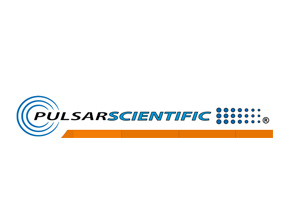As the weather heats up this summer, so does marathon training. Be sure to use caution when running in the heat. High temperatures can lead to overheating and dehydration?two problems known to harm health and performance.
According to a recent study in the?Journal of Athletic Training, runners who began a 12K race on an 80-degree day already dehydrated completed the race about two and a half minutes slower than when they ran fully hydrated.
 Dehydration occurs when too many fluids are lost through sweat and/or not drinking enough. In the process of sweating, water and electrolytes are lost and, after prolonged periods of time, body functions are compromised. Common signs of dehydration include thirst, headache, confusion and abnormal fatigue.
Dehydration occurs when too many fluids are lost through sweat and/or not drinking enough. In the process of sweating, water and electrolytes are lost and, after prolonged periods of time, body functions are compromised. Common signs of dehydration include thirst, headache, confusion and abnormal fatigue.
Overheating occurs when your body is unable to cool itself due to the amount of water evaporating from your skin. The most common symptoms of overheating are headaches, fainting, dizziness, and after long periods of time, heat stroke.
According to Denise Smith,?Accelerated Physical Therapy?running specialist, dehydration and overheating can cause serious symptoms, but simple adjustments to your training schedule can help you avoid these conditions altogether.
She suggests these five tips for hot weather running:
- Run at the right time?Even at the hottest time of the year, temperatures are coolest in the morning and at night when the sun?s rays aren’t as strong.
- Wear appropriate clothing?Running gear that is a light color, lightweight and is breathable will help cool you down significantly. Light colors absorb less heat and clothes with vents or mesh will allow for air-flow and breezes to decrease your body temperature.
- Consume sports drinks?In high temperatures, electrolytes are so crucial and just drinking water isn’t enough. Many sports drinks increase your water-absorption rate and replace the electrolytes lost through sweat. Drink a sports drink about one hour before your run to fill your body?s electrolyte stores. Always drink again after you run.
- Be smart?It can take some time for bodies to fully acclimate to the high temperatures and humidity. Instead of starting your training with high intensity runs, take your time and gradually increase the length and speed of your runs.
- Embrace the breeze?If possible, begin your run going with the breeze and finish your run against it. The wind will cool you down when you are running into it, so use that to your advantage when you are at your hardest part of the run? the end.
If you would like to discuss your summer training program or are experiencing pain that concerns you, call?Accelerated Physical Therapy?at 877-97-REHAB and ask for a running specialist. We can schedule you for an appointment within 48 hours at your nearest Accelerated location.
Click here for full podcast playlist.













